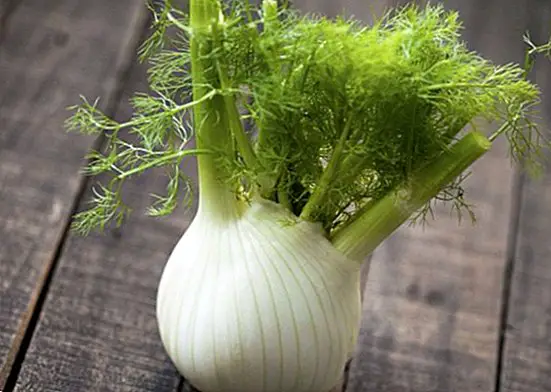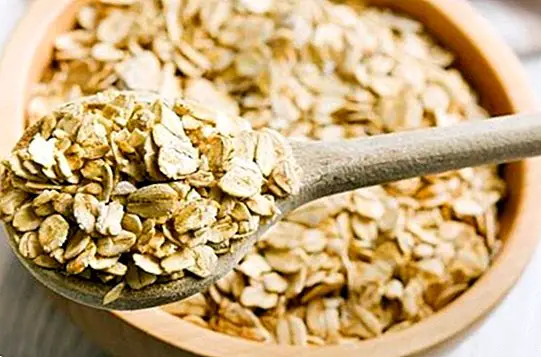Fennel: properties and benefits of a very digestive food
Although the fennel It is popularly known as a medicinal plant especially beneficial for different digestive and stomach disorders (in fact with it you can make great infusions for constipation and digestive, as is the case of the wonderful fennel tea), the truth is the fennel has a thick bulb that when biting it is extremely crunchy, with which delicious recipes can be made.
It becomes in fact an ideal vegetable to enjoy wonderful salads to mitigate the heat that, for example, tends to do during the summer months, thanks to its refreshing power, as well as being light and extremely rich in water.
Like any vegetable, if you are going to consume the fennel bulb, it is best to keep it in the refrigerator, you must consume it in a few days, since as days go by it loses flavor.

Most important fennel benefits
The fennel bulb is a part of the plant that brings interesting benefits and nutritional properties.
When it is cooked, its flavor is very reminiscent of anise, which stands out as a refreshing vegetable with a touch that is certainly sweet.
With regard to their own Fennel benefits it is a vegetable with a high antioxidant content, helping in the prevention of a wide variety of diseases, including cancer.
One of the compounds found in fennel is the anetol, who is capable of reduce inflammation, at the same time that helps prevent the onset of cancer, thanks precisely to its antioxidant virtue.
In what has to do with the nutritional benefits of fennel, stands out as a food extremely rich in vitamins (especially vitamin C and vitamin B3), or minerals such as potassium and selenium.
Contribute diuretic properties, so it's useful against fluid retention and to purify our body. Also, it's interesting how digestive treatment, helping in case of gas and flatulence.
Nutritional qualities of fennel
Calories | 35 kcal. | ||
Proteins | 2.5 g. | ||
Carbohydrates | 5.7 g. | ||
Total fat | 0.2 g. | ||
Fiber | 3.4 g. | ||
Vitamins | Minerals | ||
Vitamin A | 784 ug. | Sodium | 85 mg. |
Vitamin B1 | 0.20 mg. | Potassium | 495 mg. |
Vitamin B2 | 0.10 mg. | Calcium | 108 mg. |
Vitamin B3 | 0.2 mg. | Match | 50 mg. |
Vitamin B6 | 0.10 mg. | Magnesium | 49 mg. |
Vitamin C | 95 mg. | Iron | 2.5 mg. |
Vitamin E | 6 mg. | ||


